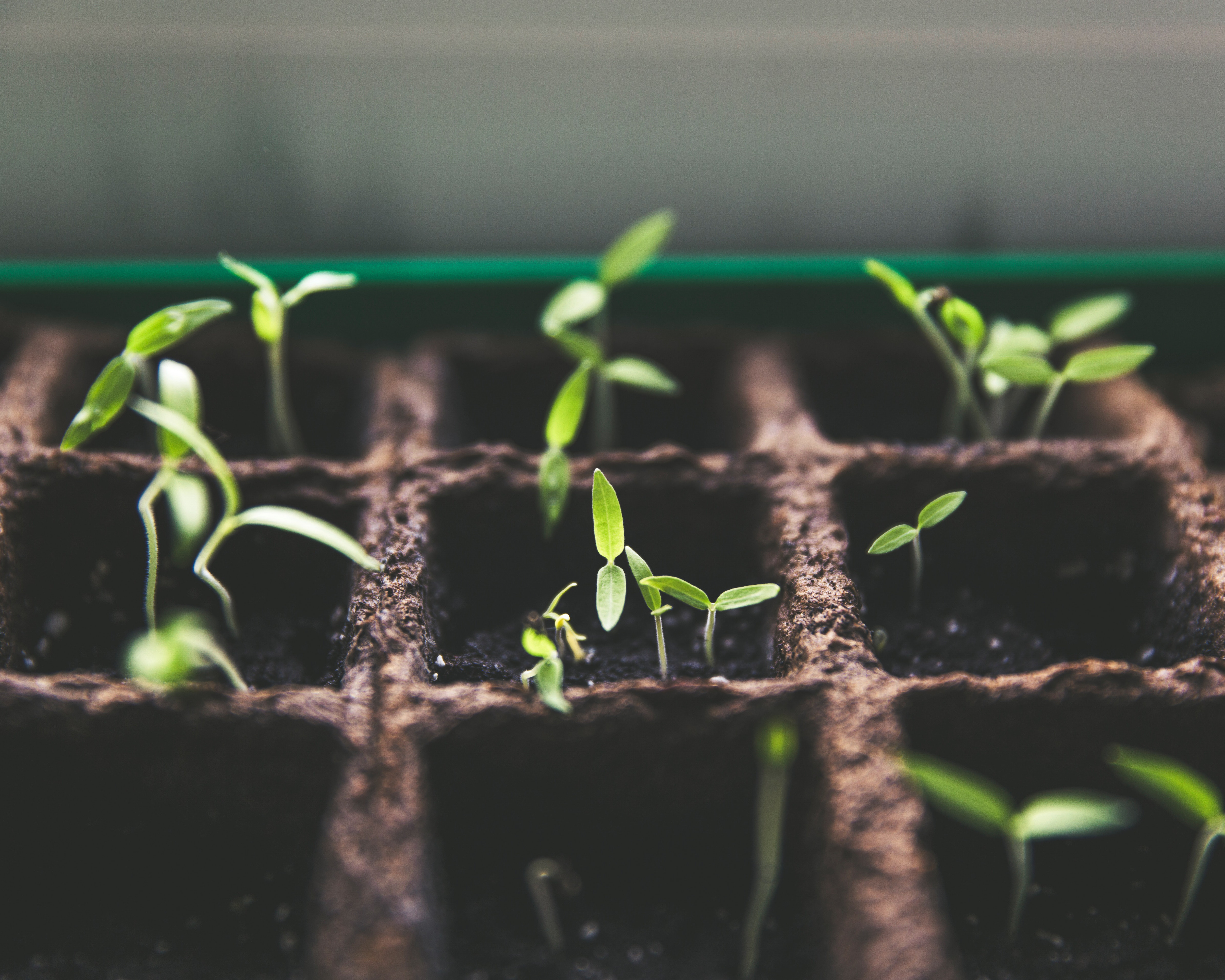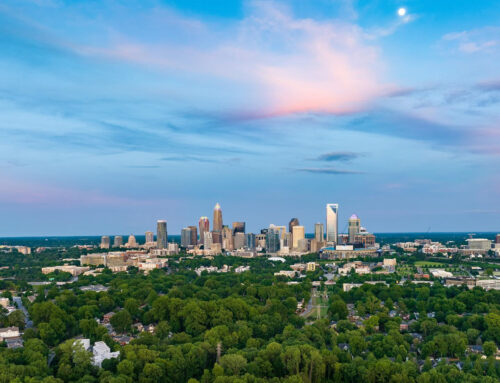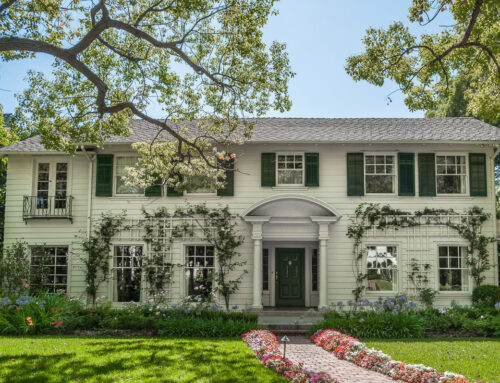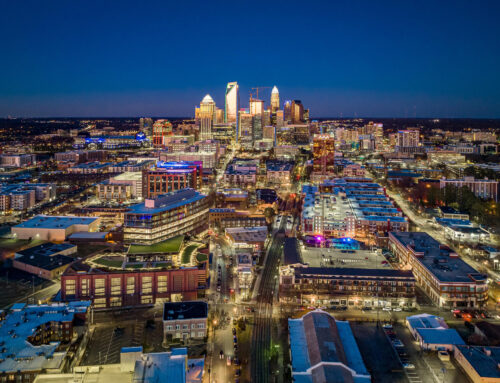The concept behind urban farms or gardens is fairly simple: a farm or garden that cultivates, processes, and distributes food in or around urban areas. Pretty clear concept, right? But what you might not know is that Charlotte is actually home to quite a few.
The city’s largest and most ambitious project is located in East Charlotte. The urban farm is the result of a partnership between Aldersgate, a senior-living facility that has been serving Charlotte 71 years, and the Carolina Farm Trust, which has largely been a resource for rural agriculture—until now.
Aldersgate sits on 231 acres in the heart of east Charlotte and is the largest employer in the area. The company conducted a community engagement survey to ask the people in the area around Aldersgate what’s important to them, and how the company can contribute.
“One of the overarching themes was the fact that we’re in a food dessert,” said Erin Barbee, Director of Mission Advancement at Aldersgate. “Our closest grocery store, Harvey’s, closed about two years ago. Considering the land that we had, we began thinking: what if we created a community garden?”
So during a conversation with Zack Wyatt, the Executive Director for Carolina Farm Trust, at Boudreaux’s in NoDa, the pair made drawings on a napkin of the eventual Urban Farm at Aldersgate.
Currently, there is a farm manager who works at no cost, and they demolished the old structures that were on-site (used to be the community pool for Windsor Park). Trees Charlotte has been involved, and planted their peach trees and other fruit trees so they can start blooming. “We’re really excited about being in this place of growth right now,” Barbee said.
Having an urban farm in a neighborhood can be a real game-changer for community residents. These urban farms can help alleviate the problems that plague food deserts and supply access to fresh, local fruits and vegetables. Urban farms can also be a catalyst for economic mobility, where the prices for healthy foods are reasonable (SNAP and EBT are accepted at the Urban Farm at Aldersgate), and education is paramount, since culinary arts are not taught at all schools.
“The community at large is watching us. They’re excited, but they’re watching us,” said Barbee. “We talk to government officials such as City Council and County Commissioners, and they’re very excited as well because it’s solving a very real problem.”
There’s another challenge that’s oft overlooked in communities—the need for the third space. The third space is an informal gathering space the defies dividing lines. This used to be Eastland Mall in east Charlotte. Barbee said urban farms set up like the Urban Farm at Aldersgate can help fill this gap, with community members congregating at market stands and meeting at educational programs—a place where community starts to grow.
Thankfully for us, urban farms are taking root across Charlotte and in our neighborhood. You can easily find another urban farm, Soulshine Organics, not far from Central Avenue in Belmont. These urban farms make it easier to shop local and support our communities—one veggie at a time.






